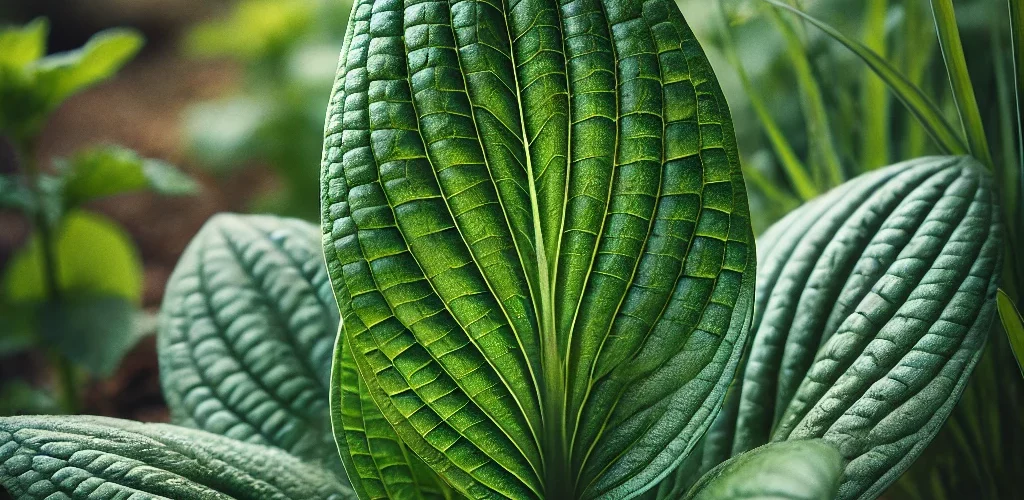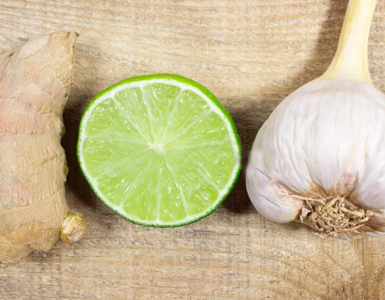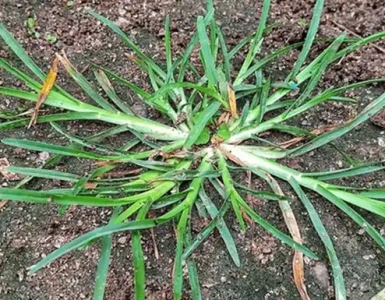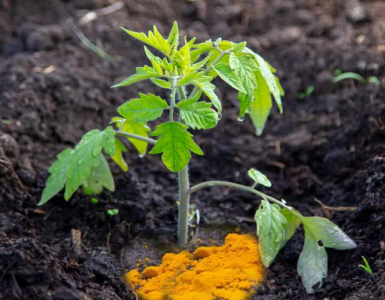Plantain, often mistaken for a mere weed, is a powerful herb with a long history of medicinal use. Whether growing in your garden, along roadsides, or in fields, this humble plant is packed with healing properties. The two main types of plantain commonly found are Broadleaf Plantain (Plantago major) and Narrowleaf Plantain (Plantago lanceolata). Both varieties offer a range of health benefits and practical uses that make them a valuable addition to any natural medicine cabinet. Here are seven magical benefits and uses of the plantain herb that you need to know.
1.Natural Wound Healer
One of the most impressive benefits of plantain is its ability to heal wounds. The herb has strong astringent properties that help stop bleeding and promote the healing of cuts, scrapes, and other minor wounds. Plantain also contains allantoin, a compound that speeds up the regeneration of skin cells, making it an excellent natural remedy for quick wound healing.
How to Use:
Crush fresh plantain leaves to release their juice and apply it directly to the wound.
You can also make a poultice by mashing the leaves and securing them over the wound with a bandage.
2.Soothes Insect Bites and Stings
Plantain is a natural anti-inflammatory and antihistamine, making it an effective remedy for soothing insect bites and stings. The plant’s juice can help reduce swelling, pain, and itching, providing quick relief from the discomfort caused by mosquito bites, bee stings, and other insect-related irritations.
How to Use:
Rub a fresh plantain leaf between your fingers until it becomes juicy, then apply the juice directly to the bite or sting.
3.Eases Respiratory Issues
The plantain herb is well-known for its ability to relieve respiratory problems, such as coughs, bronchitis, and asthma. Its expectorant properties help loosen mucus and phlegm, making it easier to expel, while its anti-inflammatory effects soothe irritated airways. Drinking plantain tea can help alleviate symptoms of respiratory distress and promote easier breathing.
How to Use:
Brew plantain tea by steeping dried plantain leaves in hot water for 10-15 minutes. Drink the tea warm to soothe respiratory issues.
4.Supports Digestive Health
Plantain has long been used as a remedy for digestive problems. Its mucilage content helps soothe and protect the lining of the stomach and intestines, making it useful for treating conditions like ulcers, gastritis, and irritable bowel syndrome (IBS). Plantain also acts as a mild laxative, promoting healthy bowel movements and relieving constipation.
How to Use:
Drink plantain tea regularly to support digestive health and alleviate symptoms of digestive discomfort.
5.Fights Infections
Plantain has potent antimicrobial properties that make it effective in fighting bacterial and fungal infections. The herb can be used both internally and externally to treat a variety of infections, from skin infections and abscesses to throat infections and urinary tract infections (UTIs).
How to Use:
Apply a poultice of mashed plantain leaves to infected areas of the skin.
Drink plantain tea or take plantain tincture to help fight internal infections.
6.Reduces Inflammation
Inflammation is at the root of many chronic health conditions, and plantain’s anti-inflammatory properties can help reduce it. Whether you’re dealing with arthritis, joint pain, or other inflammatory conditions, plantain can provide natural relief by reducing swelling and pain.
How to Use:
Apply plantain poultices to inflamed joints or muscles to reduce pain and swelling.
Drink plantain tea regularly to help manage chronic inflammation from within.
7.Promotes Skin Health
Plantain is a great ally for maintaining healthy skin. Its astringent and antimicrobial properties make it effective in treating acne, eczema, psoriasis, and other skin conditions. The herb helps cleanse the skin, reduce inflammation, and promote the healing of damaged skin tissue.
How to Use:
Apply a plantain-infused oil or salve to the skin to treat acne, eczema, or other skin irritations.
Use plantain tea as a facial rinse to cleanse and refresh the skin.
How to Harvest and Prepare Plantain
Plantain is easy to find and harvest, especially in the spring and summer when the leaves are young and tender. Here’s how to get the most out of this magical herb:
Harvesting:
Look for healthy, vibrant plantain leaves that are free from spots or damage. Use a clean pair of scissors or simply pluck the leaves by hand.
Preparing:
Fresh leaves can be used immediately by crushing them to release their juice.
To make tea, dry the leaves by spreading them out in a warm, dry place. Once dried, store them in an airtight container for future use.
For topical applications, plantain leaves can be made into a salve or infused oil by soaking them in a carrier oil like olive oil for several weeks, then straining out the leaves.
Precautions
Plantain is generally safe for most people to use, but as with any herb, it’s important to use it with caution. If you’re pregnant, breastfeeding, or taking medications, consult with a healthcare provider before using plantain, especially in medicinal quantities.
The plantain herb is a magical remedy that has been used for centuries to treat a wide range of health conditions. From healing wounds and soothing insect bites to supporting respiratory and digestive health, this versatile plant is a true medicinal marvel. The next time you spot plantain growing in your backyard or along a path, remember that this “weed” is actually a powerful herbal ally that can support your health in numerous ways.






Add comment